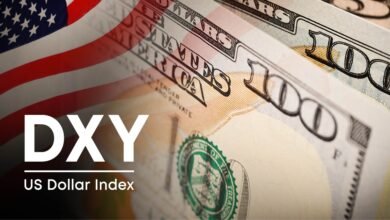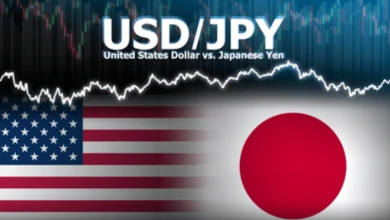- USD/CAD climbs amid renewed trade optimism following encouraging progress in US-China trade talks.
- A joint statement confirmed the US will suspend 24 percentage points of tariffs on Chinese goods for an initial 90-day period.
- The CAD remains subdued as Canada’s unemployment rate rose more than expected in April.
USD/CAD continues its upward momentum for the fourth consecutive session, trading around 1.3980 during European hours on Monday. The US Dollar Index (DXY), which tracks the US Dollar (USD) against a basket of six major currencies, is also on the rise, hovering near 101.60 at the time of writing.
The US Dollar (USD) strengthened following a joint statement released after high-level trade negotiations held over the weekend in Geneva, Switzerland. The statement suggested that the United States will suspend 24 percentage points of tariffs on Chinese imports for an initial period of 90 days.
US Treasury Secretary Scott Bessent emphasized the significance of the agreement, citing a 90-day freeze on tariff escalation and a notable 115% reciprocal reduction in tariffs. US Trade Representative Jamieson Greer acknowledged that the previous embargo strategy was unsustainable, reiterating both nations’ commitment to the temporary pause, although he noted that the fentanyl issue remains unresolved.
Attention now turns to key US economic data, with consumer inflation figures set for release on Tuesday, followed by Retail Sales and the Producer Price Index (PPI) on Thursday. Investors will closely watch these reports to assess the early impact of the easing trade tensions on the broader US economy.
Meanwhile, the Canadian Dollar (CAD) is under pressure following the release of Canada’s April labor market data. The unemployment rate rose more than expected, climbing to 6.9% from 6.7% in March and surpassing the 6.8% forecast. This marks the highest jobless rate since October 2021. The uptick in unemployment has fueled speculation that the Bank of Canada (BoC) may need to resume its monetary easing cycle, which was paused in its last policy meeting.







